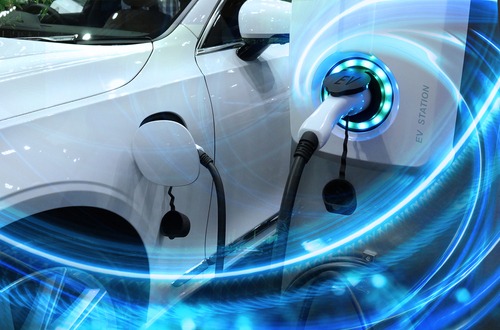
A new report from the Southern Alliance for Clean Energy (SACE) has found that electrification of transportation could be an economic boon for the Southeast.
According to the report, “Retained Transportation Fuel Spending in the Southeast: Electric vs. Internal Combustion Vehicles,” because most electricity is generated locally, the shift from fossil fuels to electric would not only save consumers money at the plug, but also keep more of their transportation fuel dollars in their local economies.
The report looked at how much consumers in the Southeast spend on gas and diesel, how much of that transportation fuel spending remains in a given state, and how much leaves. The analysis then looked at the same data if all on-road gas and diesel-powered cars, trucks and buses were replaced with electric vehicles.
Consumers in the Southeast spend approximately $94 billion on gas and diesel fuels annually, the report found. And because the region has essentially no oil production or refining operations, an estimated one-third stays in the region. The rest, an estimated $64 billion the report said, leaves the region to pay for imported fuels.
“As light, medium, and heavy-duty vehicle electrification accelerates, more efficient vehicles and cheaper in-state-generated electricity allow consumers to spend less to drive the same number of miles,” SACE said in a statement. “If all of the region’s vehicle miles traveled were electric today, Southeast consumers would spend approximately $52 billion on electricity, reducing consumer transportation fuel spending by $42 billion annually.”
The report also found that more than two-thirds of money spent on electricity for transportation, approximately $35 billion, would stay in the region. That would amount to a gain of $5 billion that would stay in the region and circulate through the local economy.
SACE said the report found that a switch to electric vehicles in the Southeast amounted to a total savings of $47 billion recirculating through the region’s economy.